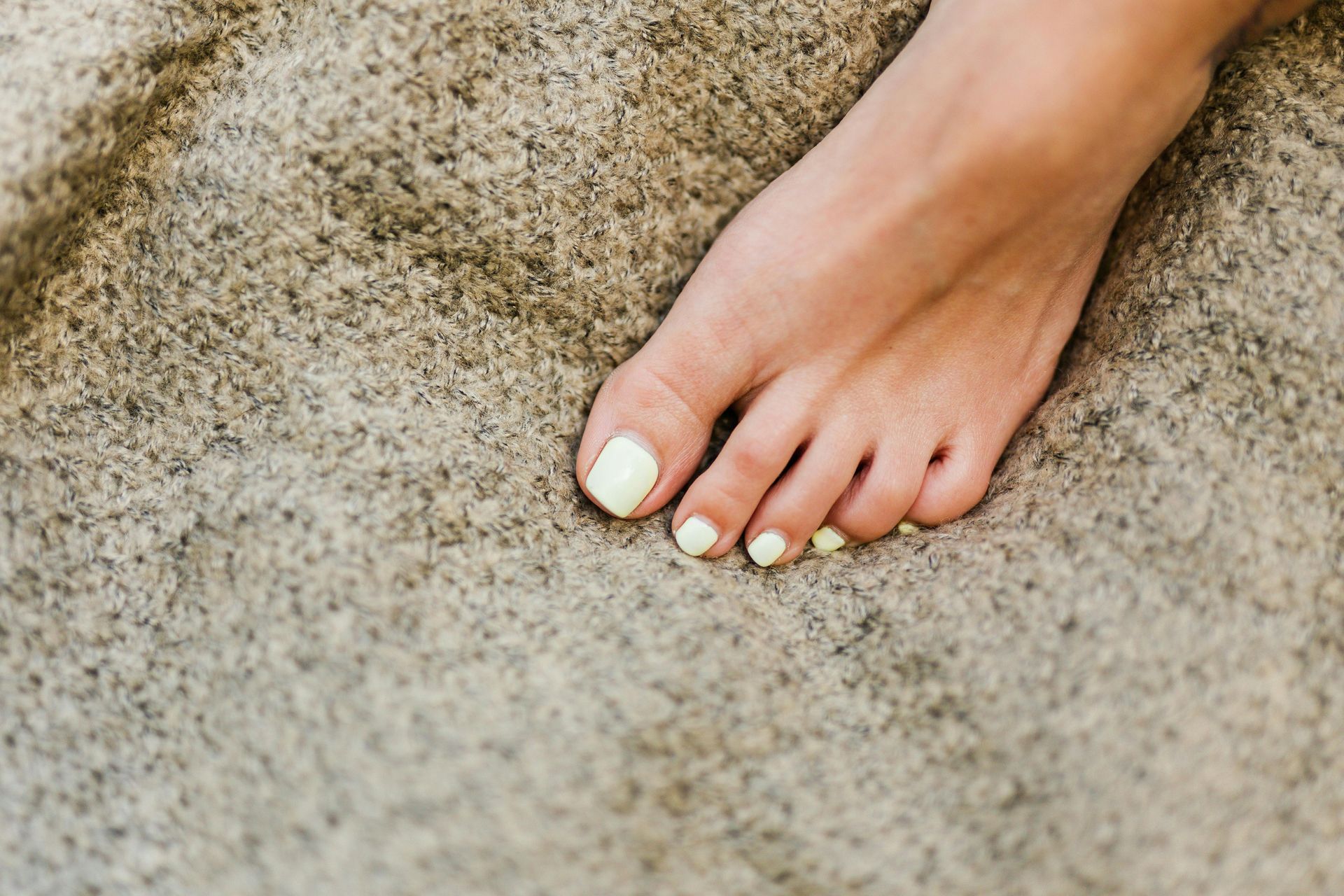DOMS - What is it? Why should I welcome it?
DOMS-DOMS-DOMS-DOMS (ouchie!)
Today's blog is brought to you by the DOMS (aka Delayed Muscle Onset Soreness) I'm currently experiencing post leg-day.
DOMS can be a beast, leaving you feeling sore or stiff after exercise.
And despite how it feels, it's actually a GOOD sign that your muscle is healing into a stronger state than it was in before the exercise! Huzzah for that 🙌🏽
What is it?
It's the totally normal sensation you might get after trying something new, or after pushing yourself a little harder than usual.
It usually shows up a day or so after the exercise; may last 2-5 days; and can affect anyone of any fitness level...yes, even instructors*!
- Spent a long day cutting back shrubs in the garden => ooh hello, achy shoulders.
- Partner made you do 101 burpees => hello achy everything!
- Tried a new Pilates class => achy abs and hips could be paying you a visit.
- Been lifting heavier weights/ doing more repetitions (😁) => yup, definitely.
What causes it?
It's thought to be caused by the exercise causing small scale-damage (microtrauma) to the muscle fibres.
After the unaccustomed exercise and microtrauma, the muscle quickly adapts to prevent muscle damage, and soreness, if (when) the exercise is repeated.
This is called the "repeated bout" effect.
As a result of this effect, as well as reducing soreness next time you do the exercise, you'll also recover from any stiffness more quickly next time too!
Can you completely avoid it?
Probably not completely avoid it (unless you do absolutely nothing to put your body under novel stress), but you can reduce it.
Making sure you warm up properly and stretch a little before exercising can help. Also try increasing intensity slowly, so you get the most benefit of the repeated bout effect.
Should you completely avoid it?
Aaaahhh, now that's a better question!
No, you shouldn't completely avoid it.
Why? Because it's a sign your muscles are adapting and getting stronger which is absolutely what we want! Remember this?
Can you do anything to reduce the discomfort when you do get it?
Yes! It usually disappears after 72 hours anyway. But increasing blood flow to the muscle may help:
✅ Low intensity exercise (go for a walk or do some yoga)
✅ Massage or foam roller
✅ Light stretching
✅ Hot bath or sauna
✅ Painkillers or anti-inflammatory tablets or gel.
Can you carry on exercising while you have DOMS?
There's some evidence that it can actually reduce the pain...and I personally find that moving again helps to reduce the stiffness.
Does the fear of DOMS put you off doing things?
Look, I know it's unpleasant. I don't like getting it either.
But reminding yourself that it's a GOOD thing and that it's just a sign you're getting stronger, can help you to feel less fear of it.
Have you got questions? Drop me an email to jane@japilates.co.uk and let me know
* The very first time I did PT, I was so sore and stiff after, I couldn't walk, sit, stand up, cough or laugh for about five days. It was better the second time, and better still the third...










